Posts categorized Explainer
Page 4

Artificial Intelligence: A Silver Bullet or Scrap Metal for Global Development?
When someone mentions artificial intelligence (AI), it’s easy to conjure up two conflicting images: the first, killer robots whizzing past, replacing human jobs, daily tasks, and social interactions in a post-apocalyptic world; the second, a C-3PO-esque personality revolutionizing our health and food systems. Pondering this, we are also inclined to explore the question, where does
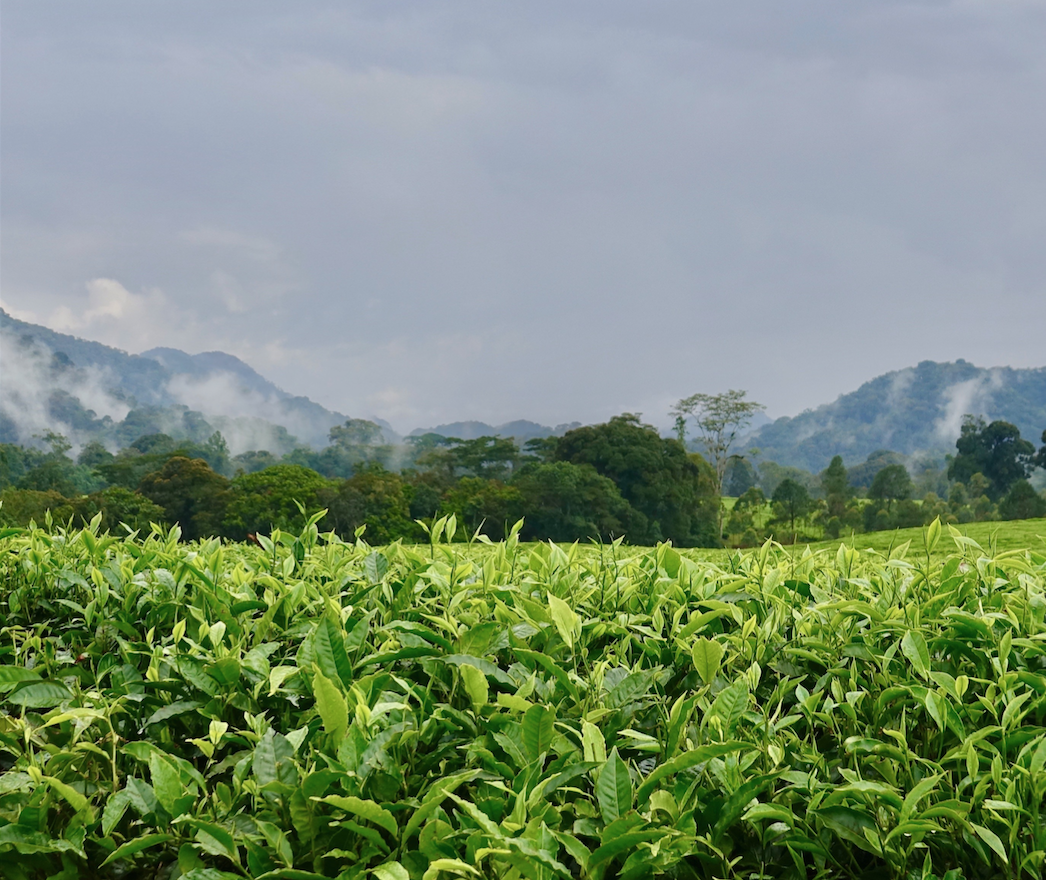
Mapping the Path Toward Collaborative Research
Development actors, ourselves included, talk a lot about the importance of opening up datasets and building interoperability in order to leverage the power of collective data – but often without clarity on what meaningful collaboration and sharing actually requires in practice. For example, what can a livestock project in Nepal and a rice project in Cambodia learn from each

GDPR and its Connection to the Open Data Movement
Since this past May, you’ve probably received a flood of company emails updating terms of service and consent requests to give permission to collect your data. You also probably know that this flood is all thanks to the EU’s recent General Data Protection Regulation (GDPR), which has set us abuzz in its heightened protection of
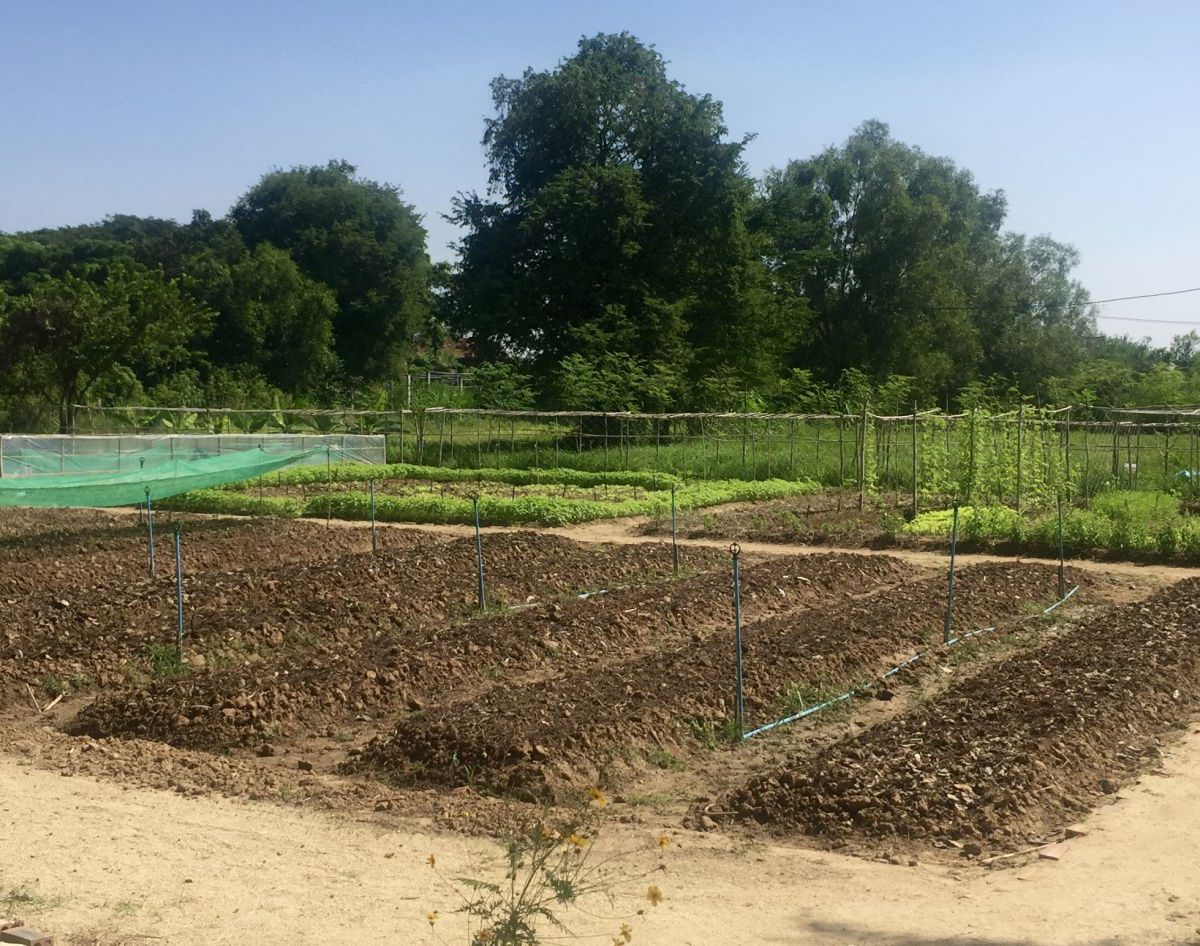
What does Data Interoperability Require in Practice?
A few months ago, under the mSTAR project funded by USAID, DG and our partner Athena Infonomics (AI) set out to understand the underlying structure of the data currently being collected and managed by Feed the Future implementers, and how to best support them to open up and share their data through digital tools and best practices.
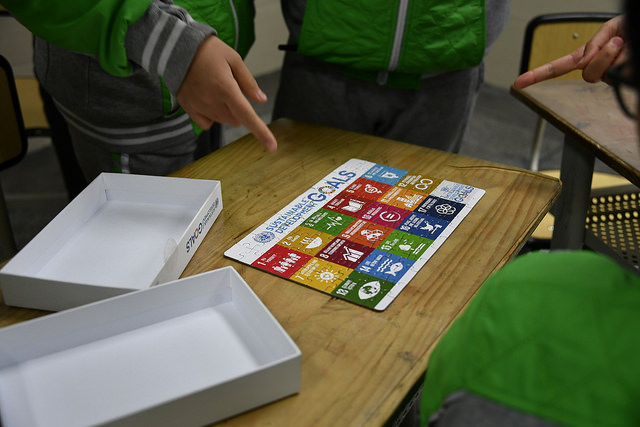
Achieving Sustainable Development Data: Where, and How?
When it comes to implementing Agenda 2030, country partners have shared two main data and digital pain points: knowing where Sustainable Development Goal (SDG) data will come from, and how to ensure this information is useful beyond reporting....
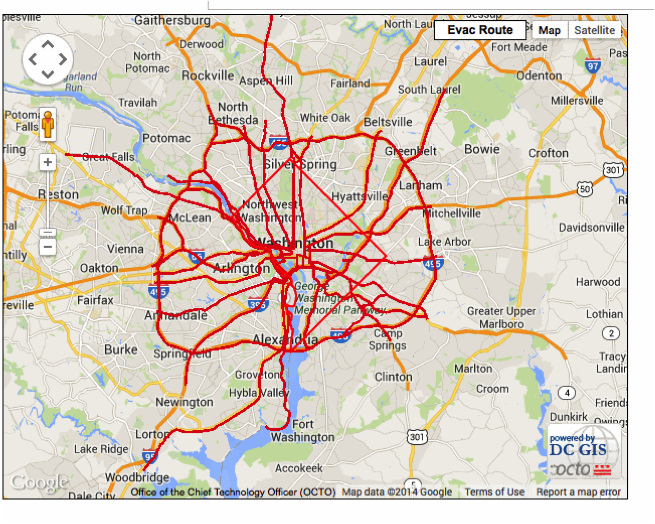
Surviving a Zombie Apocalypse in Five Easy Steps
DG has been spearheading a lot of work around disaster resilience in cities around the world. Specifically, we’ve been interested in how governments and citizens can plan against the worst-case scenarios, to minimize disruptive impacts and to help communities bounce back quicker and better....
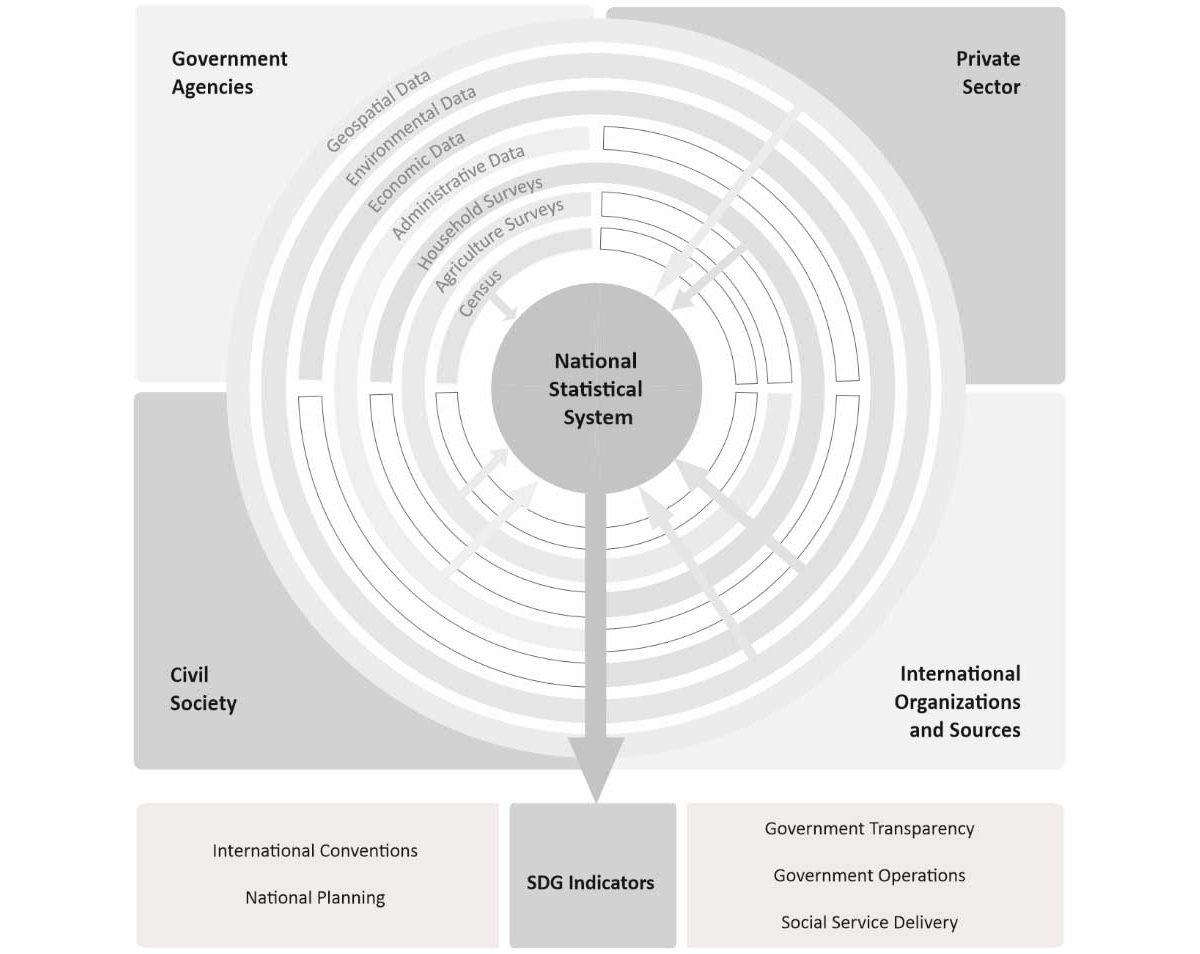
The SDGs – What’s Your Baseline?
Some prominent critics have argued that the Sustainable Development Goals (SDGs) aren’t measurable. This is a problem, they say, because for goals to be meaningful, you need...
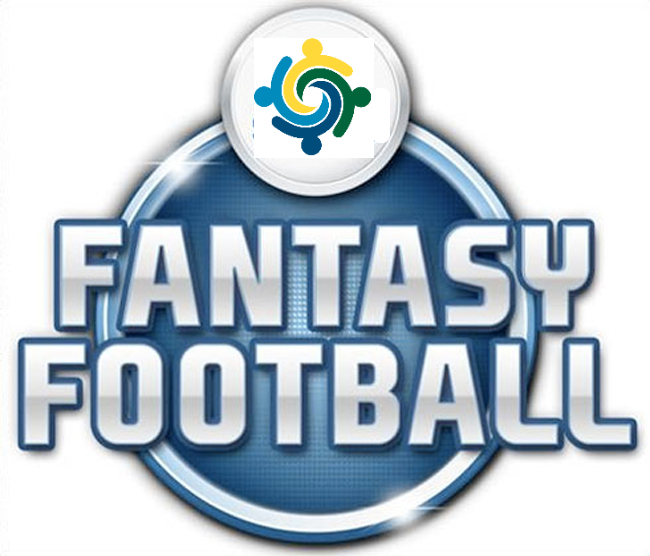
Why International Development is like Fantasy Football
I am Stephen Davenport and this year I took a stab at fantasy football, which is like other fantasy sports (FIFA Soccer, Baseball, etc.), where you select individual players using statistics and form virtual teams that compete each week against other virtual teams in a pseudo league. It's for sports fanatics.
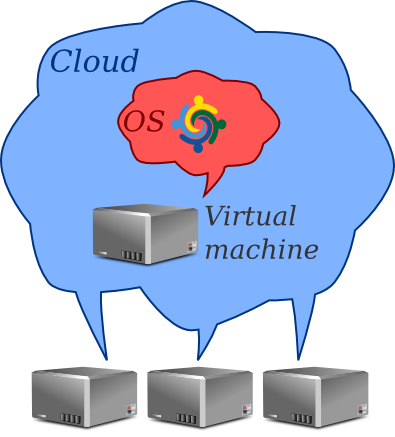
How We Use Virtual Clouds to Achieve Virtually Uninterrupted Uptime
Computer hardware would be useless without data and programs to process it. But to run programs, the computer must know how to do basic tasks like booting up, reading user input or loading programs. This is performed by the operating system, e.g. Windows, Linux or Mac OS. So when we speak of a computer, we mean the combination of hardware, operating system to bring it to life, and software to solve our tasks.